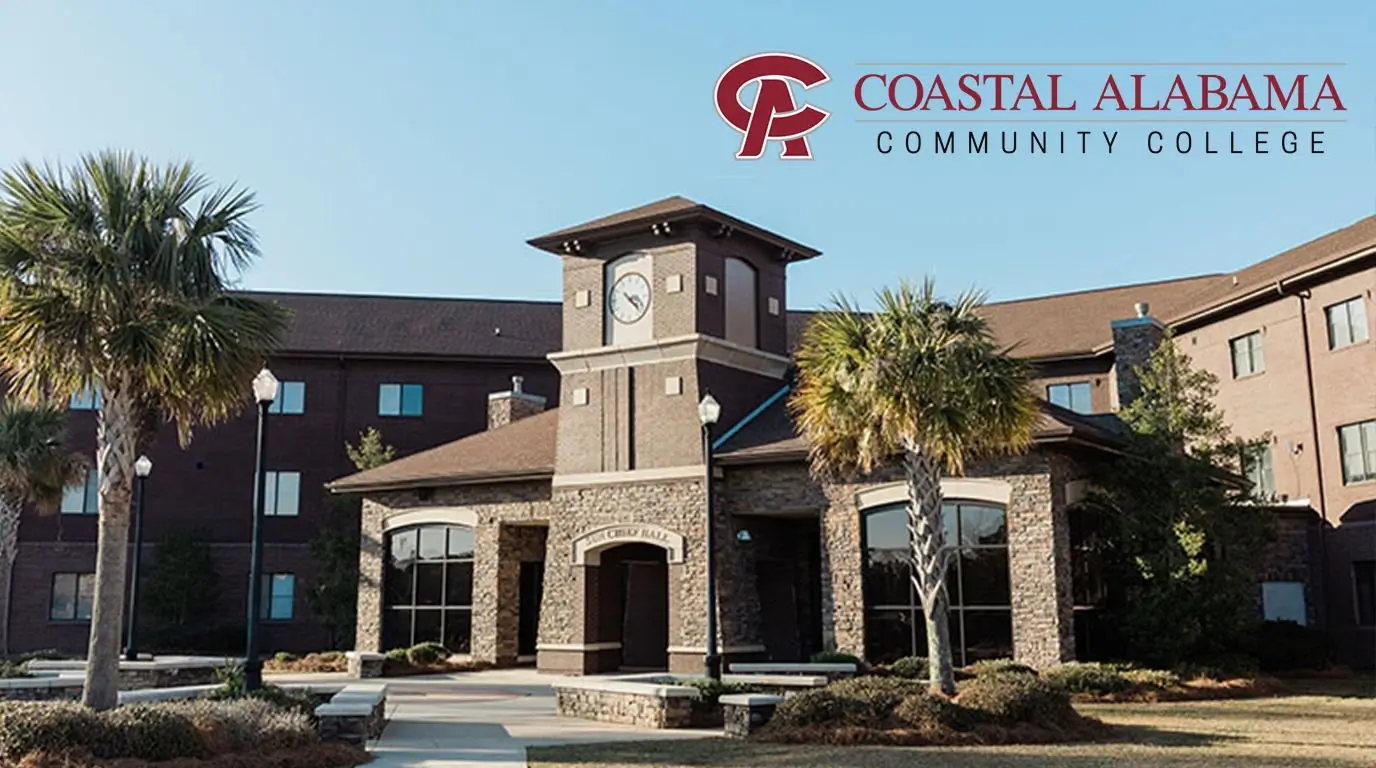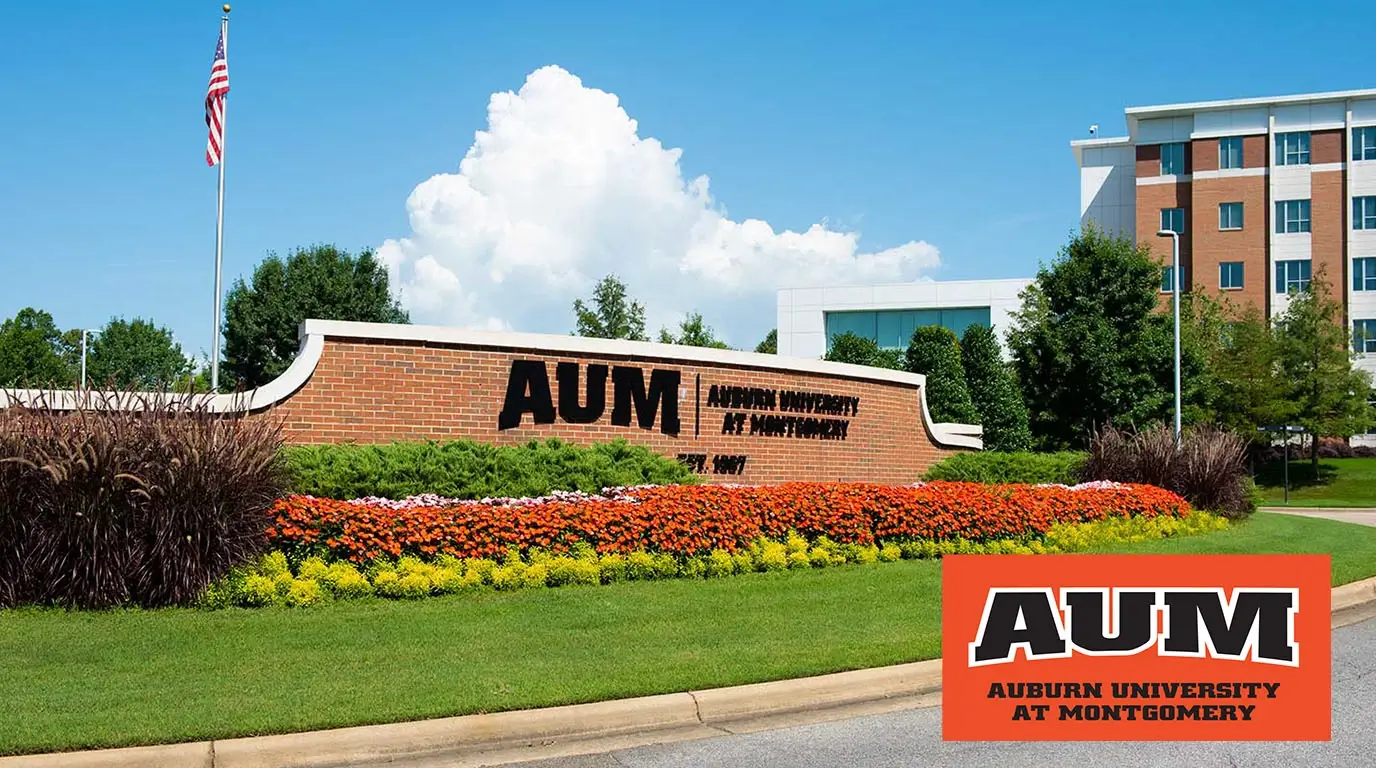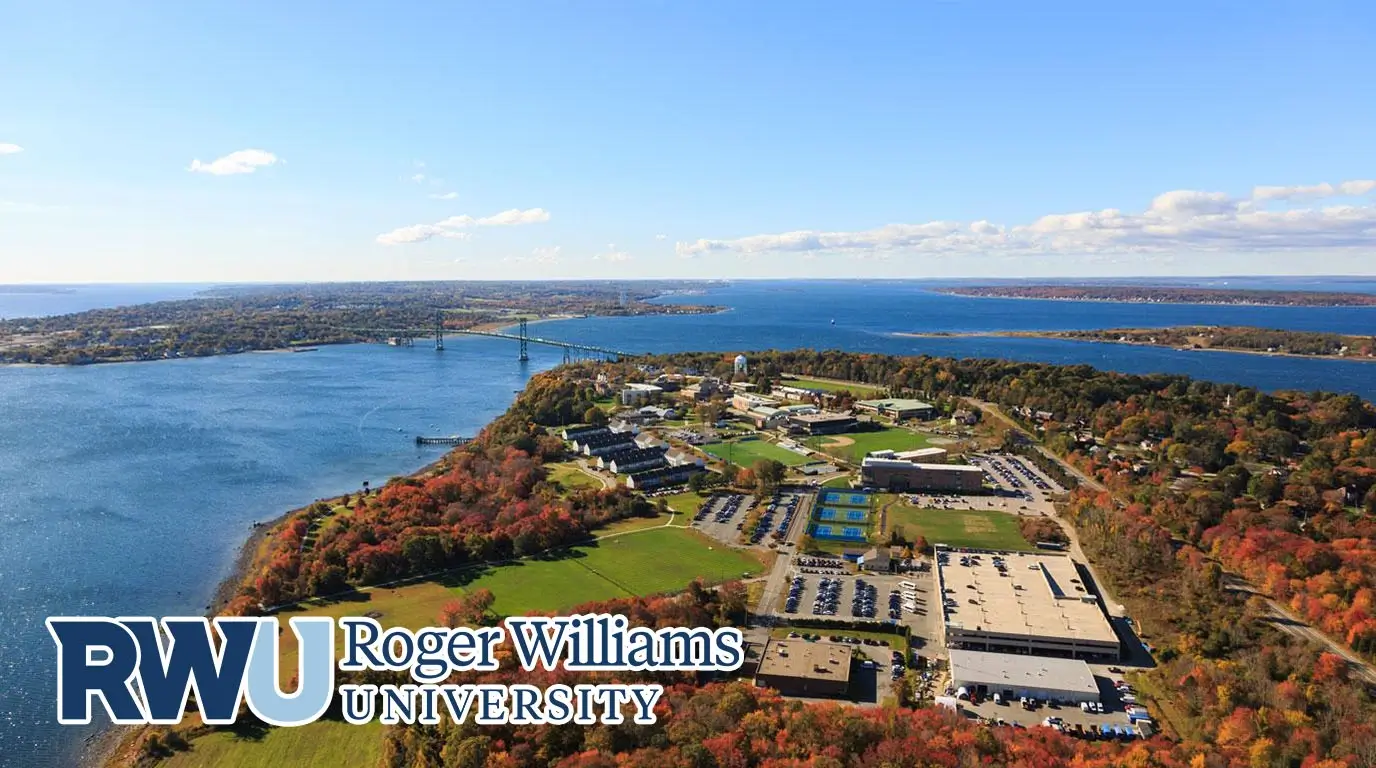Becoming a Paralegal in North Carolina – Your State-Specific Guide
Here’s a little nugget to start with: Did you know North Carolina’s got over 8,000 paralegals keeping the legal gears turning, with job growth outpacing the national average? If you’re thinking about jumping into a legal career in North Carolina without the marathon of law school, becoming a paralegal in North Carolina might just be your sweet spot. I’ve been around this game—worked as a paralegal, helped folks map out their paths, and even tweaked websites to get people noticed. North Carolina’s legal scene is buzzing, from Raleigh’s corporate hubs to Charlotte’s big firms, and paralegals are right in the thick of it. This guide’s all about giving you the Tar Heel specifics to get started.
Paralegals here aren’t just shuffling papers—they’re digging into research, drafting docs, and keeping attorneys on their game. Whether you’re eyeing law firm jobs in North Carolina or a quieter gig in a small town, I’ve got the real scoop for you. Let’s walk through it, step by step, with some practical insights from someone who’s been there.
Paralegal Definition and Regulation in North Carolina
So, what’s a paralegal in North Carolina? The state’s got a pretty clear take on it. According to the North Carolina State Bar, a paralegal is someone with the education, training, or experience to perform “substantive legal work” under an attorney’s supervision. Want a deeper dive? Check out what a “paralegal” really does, but in short, you’re the attorney’s wingman—handling the heavy lifting while they steer the ship.
Regulations? North Carolina’s got a bit more structure than most. There’s no mandatory state license to become a paralegal in North Carolina, but the State Bar runs a voluntary North Carolina Certified Paralegal (NCCP) program. It’s not required—just a nice feather in your cap if you qualify with the right education and experience. Beyond that, you’re under the same ethical umbrella as your supervising attorney—keeping client secrets safe and not stepping into lawyer-only territory like giving legal advice. It’s a solid setup with some optional extras.
- Key Takeaway: No strict regs, but the NCCP offers a voluntary credential under attorney oversight.
Education Requirements and Recommended Programs in North Carolina
Let’s talk school. Does North Carolina demand a specific degree to become a paralegal? Nope, not legally. But here’s the real talk: most employers—especially in hot spots like Charlotte or Raleigh—want to see some education on your resume. You might land a gig with just experience, but that’s rare as a quiet day in the Research Triangle. An associate’s, bachelor’s, or certificate in paralegal studies is your ticket to standing out as a paralegal in North Carolina.
The American Bar Association approves some programs, and those ABA-approved programs are gold with hiring folks. They show you’ve got the goods—legal research, writing, ethics—all the stuff you’ll use daily.
Recommended Paralegal Education Programs in North Carolina
Here’s a rundown of some solid paralegal education programs in North Carolina I’d point you to:
- Wake Technical Community College – ABA-approved Associate of Applied Science in Paralegal Technology. Raleigh-based, with an internship that gets you real-world chops.
- Central Piedmont Community College (CPCC) – ABA-approved Associate’s in Paralegal Technology. Charlotte’s go-to, with online and in-person options.
- Meredith College – ABA-approved Post-Baccalaureate Paralegal Certificate. Raleigh-based, perfect if you’ve already got a bachelor’s and want a quick pivot.
- Fayetteville Technical Community College – Associate’s in Paralegal Technology. Not ABA-approved, but strong for eastern NC with practical courses.
Online Paralegal Programs for North Carolina Residents
Busy life? Online’s a game-changer. Wake Tech and CPCC offer virtual tracks, and national providers like CLS by BARBRI work for North Carolina residents too. It’s all about flexibility—especially if you’re juggling work or family while chasing legal assistant training in North Carolina.
- Key Takeaways:
- No legal education requirement, but employers expect it.
- Associate’s, bachelor’s, or certificates are your main paths.
- ABA-approved programs give you a hiring boost.
Paralegal Certification and Credentials in North Carolina
Certification’s a biggie. Is it mandatory in North Carolina? Nope, not by law. But the North Carolina State Bar’s North Carolina Certified Paralegal (NCCP) program is a voluntary option. You need an associate’s or bachelor’s, some experience, and a passing grade on their exam—think of it as a state-specific badge of honor.
Nationally Recognized Certifications Relevant in North Carolina
Beyond that, national certifications carry weight. NALA’s Certified Paralegal (CP) from NALA is a big one—pass a tough exam on legal know-how, and you’re set. Then there’s the NFPA’s CORE Registered Paralegal (CRP)—another solid credential showing you’ve got the basics down. Both are optional, but they shine in North Carolina’s competitive market.
Benefits of Certification in North Carolina
Why go for it? When I was hiring, a CP or NCCP on a resume told me this person’s serious—ready to roll. It can bump your average paralegal salary in North Carolina and open doors to better gigs—like corporate law in Charlotte or litigation in Raleigh. Plus, it’s a confidence boost, knowing you’ve got creds to back you up.
- Key Takeaways:
- NCCP is voluntary, not mandatory.
- National certs like NALA CP or NFPA CRP stand out.
- Certification means better pay and credibility.
Paralegal Associations in North Carolina
Networking’s huge, and North Carolina’s got some great groups to plug into. Joining a paralegal association isn’t just resume padding—it’s how you find mentors, job leads, and stay sharp.
State-Level Paralegal Associations in North Carolina
- North Carolina Paralegal Association (NCPA) – The statewide heavy hitter. They’ve got CLE events, a job board, and a tight-knit community.
- Triangle Paralegal Association (TPA) – Raleigh-Durham-Chapel Hill focused, with networking and education for the Research Triangle crowd.
Benefits of Joining a Paralegal Association in North Carolina
These groups are gold—think networking events where you might chat up someone hiring for law firm jobs in North Carolina. My first paralegal gig came from an NCPA meetup—seriously, it happens. They also offer continuing legal education (CLE) to keep your skills fresh and your career moving.
- Key Takeaways:
- NCPA and TPA are your top associations in North Carolina.
- Networking and CLE can fast-track your path.
Job Market Outlook and Salary for Paralegals in North Carolina
Let’s get to the meat: jobs and money. The paralegal career outlook in North Carolina is strong, with a growing field across the state.
Current Job Market for Paralegals in North Carolina
The Bureau of Labor Statistics counted 8,510 paralegals in North Carolina in 2023, mostly in Charlotte, Raleigh, and the Triangle. Big firms like Moore & Van Allen in Charlotte soak up talent, but don’t sleep on government roles—like the NC Attorney General’s Office—or smaller practices in Asheville. Check out the job market for paralegals for a wider lens.
Average Paralegal Salary in North Carolina
BLS pegs the average paralegal salary in North Carolina at $58,330 in 2023—about $28 an hour. Charlotte’s higher, around $62,000, while rural spots like Wilmington dip to $45,000-ish. Experience, education (that CP or NCCP helps!), and specialties—like real estate or litigation—can push you past the average. Want more? Dig into paralegal salaries.
Job Growth Projections for Paralegals in North Carolina
Projections Central says North Carolina’s paralegal jobs will grow 9.2% through 2030—well above the national 4.2%. That’s about 1,000 openings a year, counting replacements. It’s a hot market, especially with the state’s legal hubs thriving.
- Key Takeaways:
- Strong job market, biggest in Charlotte and Raleigh.
- Average salary: $58,330, with room to grow.
- Growth at 9.2%—bright future ahead.
Key Takeaways: Steps to Becoming a Paralegal in North Carolina
Ready to dive in? Here’s your quick-start list:
- Research paralegal programs in North Carolina—Wake Tech or CPCC are solid bets.
- Pick your education: associate’s, bachelor’s, or certificate.
- Look at ABA-approved programs for extra cred.
- Explore certs like NALA’s CP or the NCCP.
- Join NCPA or TPA to network and grow.
- Start hunting for jobs in North Carolina’s legal scene.




